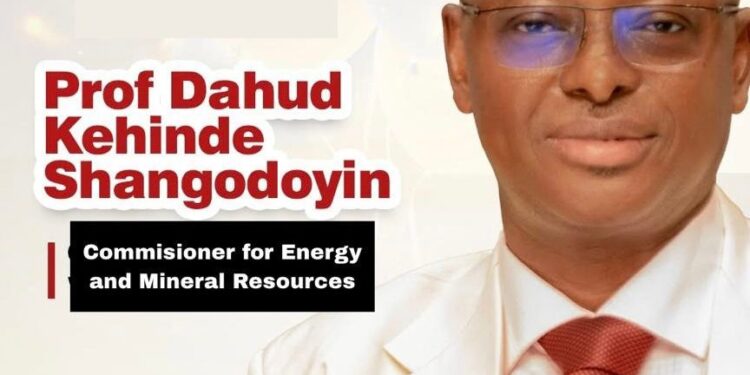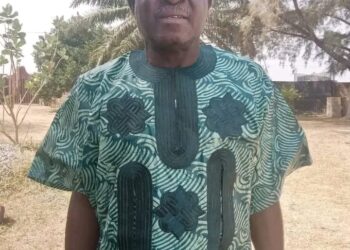The Power of Quality Data in Achieving Sustainable Goals in Democracy: My Experience as Commissioner in Oyo State Cabinet

By Prof. Dahud Kehinde Shangodoyin
1. Introduction
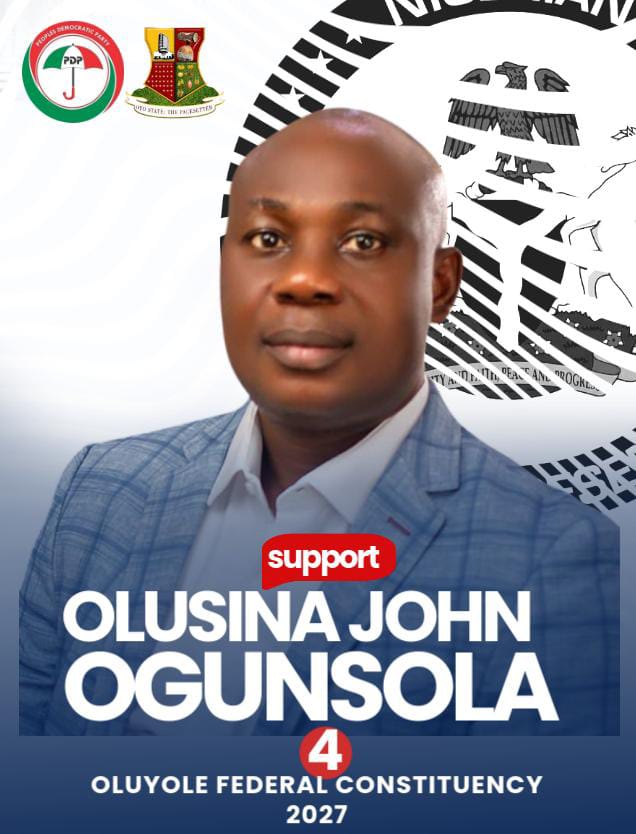
Distinguished ladies and gentlemen, it gives me immense pleasure to address you on a subject that sits at the very heart of good governance — “The Power of Quality Data in Achieving Sustainable Goals in Democracy.”
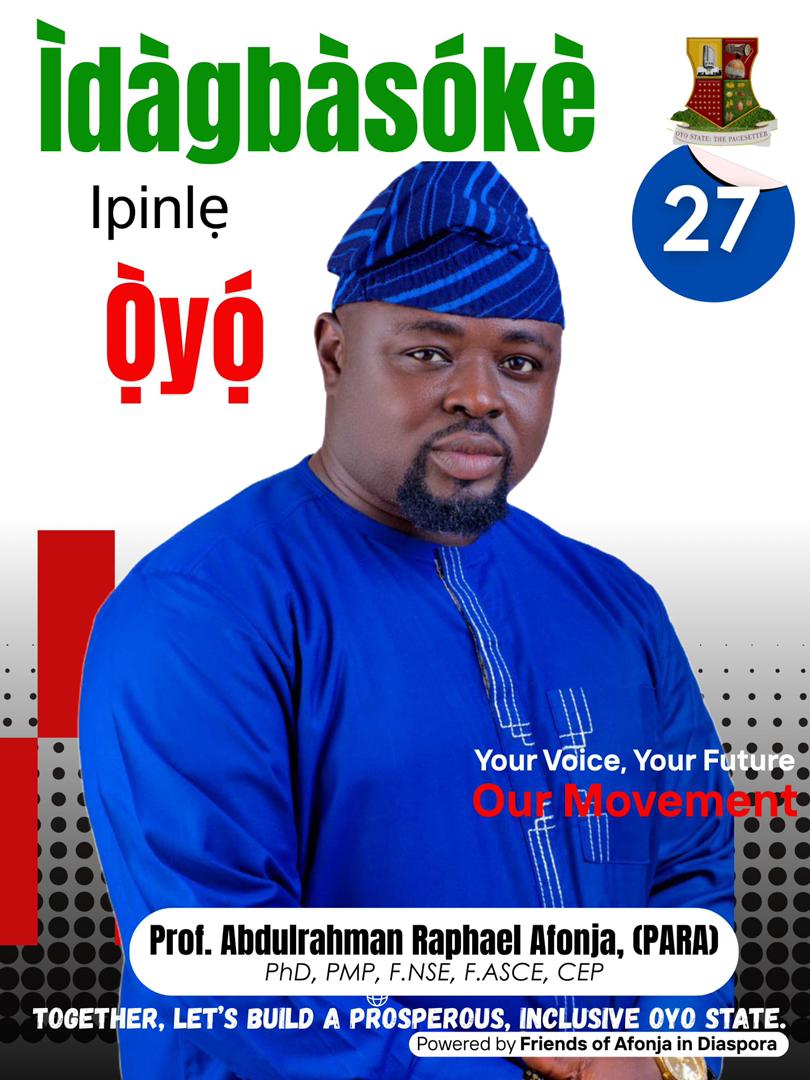

As a Statistician, academic, and public servant privileged to serve in four strategic ministries of Oyo State under the visionary leadership of His Excellency, Engr. Seyi Makinde, FNSE, D.Sc, GSSRS, I have witnessed firsthand how quality data converts political intentions into measurable outcomes.
From the classroom to the construction site, from payroll systems to power generation, I have learned that data is the oxygen of democracy — without it, transparency suffocates, planning falters, and development stagnates.

2. Data as the Lifeblood of Democracy

In every vibrant democracy, data performs three interdependent roles:
1. Informing Policy: sound evidence for equitable, efficient decision-making.
2. Driving Accountability: enabling citizens to evaluate promises against performance.
3. Sustaining Progress: ensuring continuity and scalability of developmental initiatives.
A democracy that does not value data is like a pilot flying without instruments. Data illuminates the path between vision and execution — showing where we are, how far we’ve come, and where we must go next.
3. My Journey Through Four Ministries — Lessons on the Power of Data
Ministry of Education, Science and Technology (Aug 2019 – Jan 2020)
Our reform journey began with a comprehensive baseline assessment of learning outcomes, teacher deployment, and school infrastructure. Through evidence-based planning and strategic partnerships with UNESCO, UBEC, and SUBEB, we launched:
– Oyo State Education Management Information System (EMIS) — creating the first unified digital platform for school performance data.
– Teacher Competency Mapping — linking training needs to observed classroom gaps.
– Learning Outcome Tracking — ensuring real-time feedback from schools across the 33 LGAs.
As a result, Oyo State was adjudged “Best Learning State” by UNESCO in 2019, a testament to the synergy of data, policy, and political will. These data systems later became the backbone for the Governor’s Education through Infrastructure Revolution (ETI) policy.
B. Ministry of Establishment and Training (Feb 2020 – Nov 2020)
At a critical time when pension arrears and civil-service morale were pressing issues, we turned to workforce data analytics for solutions.
Key data-driven reforms included:
– Biometric Payroll Audit: eliminating ghost workers and saving over ₦120 million monthly.
– Gratuity Payment Modeling: increasing monthly gratuity disbursements from ₦180 million to ₦250 million, clearing arrears up to August 2013.
– Civil Service Competency Database: enabling merit-based promotions and targeted training.
– Performance-Linked Training Framework: ensuring all capacity-building programs were evidence-based and impact-oriented.
These initiatives restored confidence in public administration and underscored the importance of administrative data for fiscal discipline and employee motivation.
C. Ministry of Works and Transport (Nov 2020 – May 2025)
This ministry provided an unparalleled laboratory for applying data to large-scale physical development. We developed and deployed:
– Road Asset Condition Survey (RACS) and GIS-based Infrastructure Mapping.
– Performance Monitoring Dashboard for contractors.
– Transport Data Systems for bus-terminal usage and traffic management.
Under this framework, the ministry successfully delivered:
– 368 km of quality roads, including Moniya–Iseyin, Ogbomoso–Fapote, and Oyo–Fasola–Iseyin corridors.
– Two world-class bus terminals (Challenge and Ojoo, Ibadan).
– Three junction improvement projects (Agodi Gate, Challenge, and Basorun Roundabout).
These projects became models of data-driven infrastructure governance.
D. Ministry of Energy and Mineral Resources (May 2025 – Present)
Energy data is the new currency of development. Upon assumption of office, we undertook a comprehensive Energy Access and Demand Audit — the first of its kind in the state — revealing where power deficits constrained growth.
Data-driven interventions include:
– Light-Up Oyo Project (Phases I & II) — installation of over 60,000 solar streetlights guided by GIS mapping.
– Ibadan Independent Gas Power Plant (IIGPP, 12 MW) — planned through load-demand data from ministries and parastatals.
– Mini-Grid Development for Otefon and Agbaruru rural communities.
– Energy Data Repository and Dashboard integrating generation, distribution, and billing data.
These initiatives directly advance SDG 7 and SDG 11, positioning Oyo State as a sub-national leader in electricity market reform under the 2023 Electricity Act.
4. The Nexus Between Quality Data and Sustainable Goals
The Sustainable Development Goals (SDGs) are data-driven by design. Without timely, disaggregated, and reliable statistics, the goals remain aspirations. To localize the SDGs effectively, we must:
– Invest in statewide data systems linking ministries and LGAs.
– Institutionalize open-data governance and citizens’ right to information.
– Build human capacity for data analysis.
– Establish Monitoring and Evaluation (M&E) units with measurable KPIs.
– Strengthen partnerships with academia and the private sector for data innovation.
5. Challenges and Lessons Learnt
While progress has been notable, challenges persist:
– Limited data culture across MDAs.
– Fragmented databases and manual record-keeping.
– Inconsistent funding for data generation.
– Resistance to transparency by entrenched interests.
However, strong leadership, perseverance, and technological adaptation have shown these barriers are surmountable.
6. The Way Forward
To consolidate the gains of data-driven governance, I propose:
1. Establishment of an Oyo State Data Governance Council.
2. Legislative backing for the Oyo State Statistical Policy and Open-Data Law.
3. Integration of data-literacy modules into civil-service training.
4. Strategic partnerships with universities and tech hubs.
5. Creation of citizen-accessible dashboards for key projects.
7. Conclusion
My journey through four ministries demonstrates that quality data bridges vision and reality. From education reform to energy transition, every success story has been powered by evidence, not emotion.
Democracy thrives when citizens are informed, leaders are accountable, and governance is data-driven. Let us therefore commit to building a culture where data speaks before policy acts.
Thank you, and God bless.
Prof. Dahud Kehinde Shangodoyin, Ph.D, FNSS, FASA
Honourable Commissioner for Energy & Mineral Resources, Oyo State
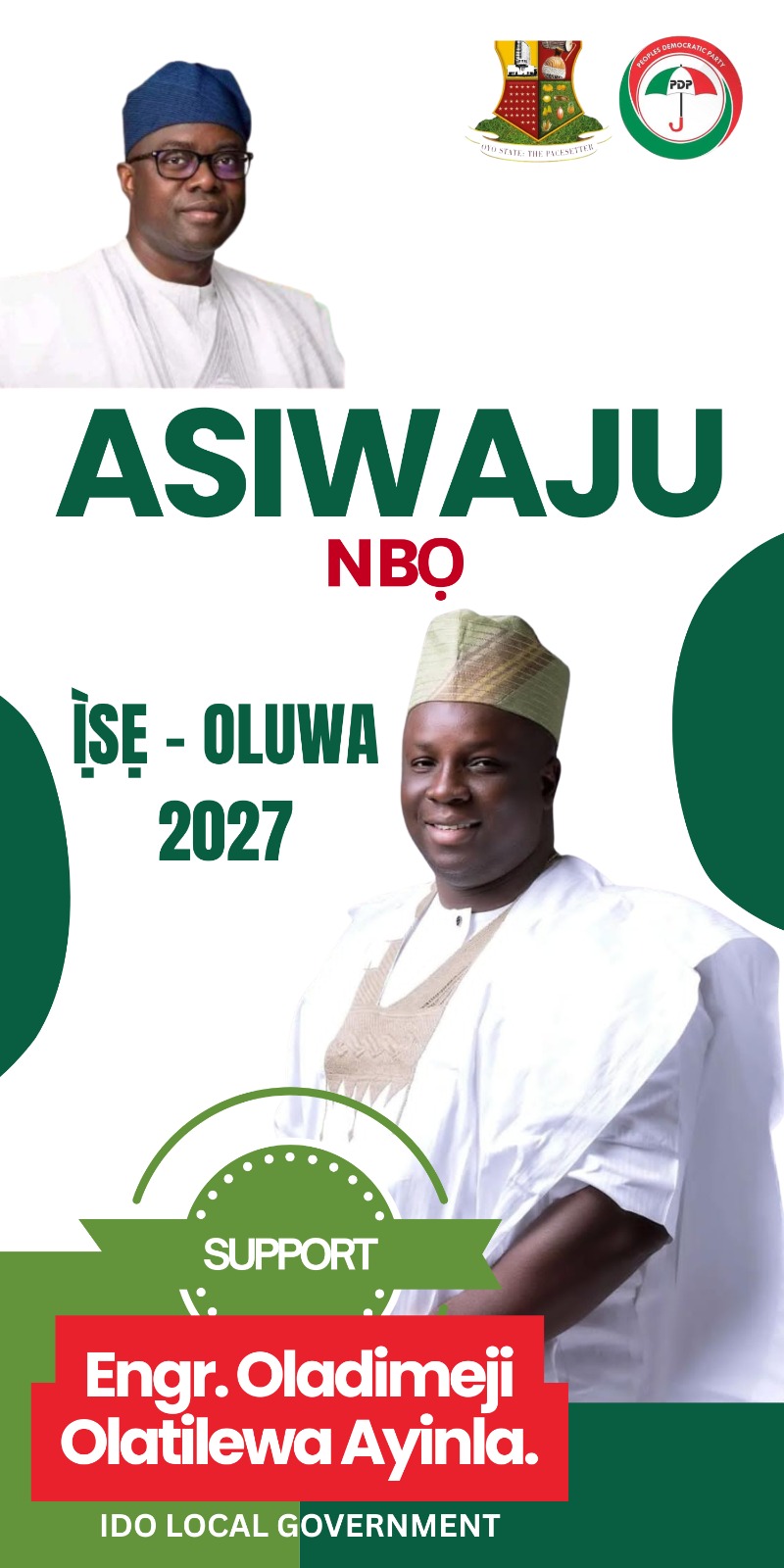

You can get every of our news as soon as they drop on WhatsApp ...To get all news updates, Join our WhatsApp Group (Click Here)



